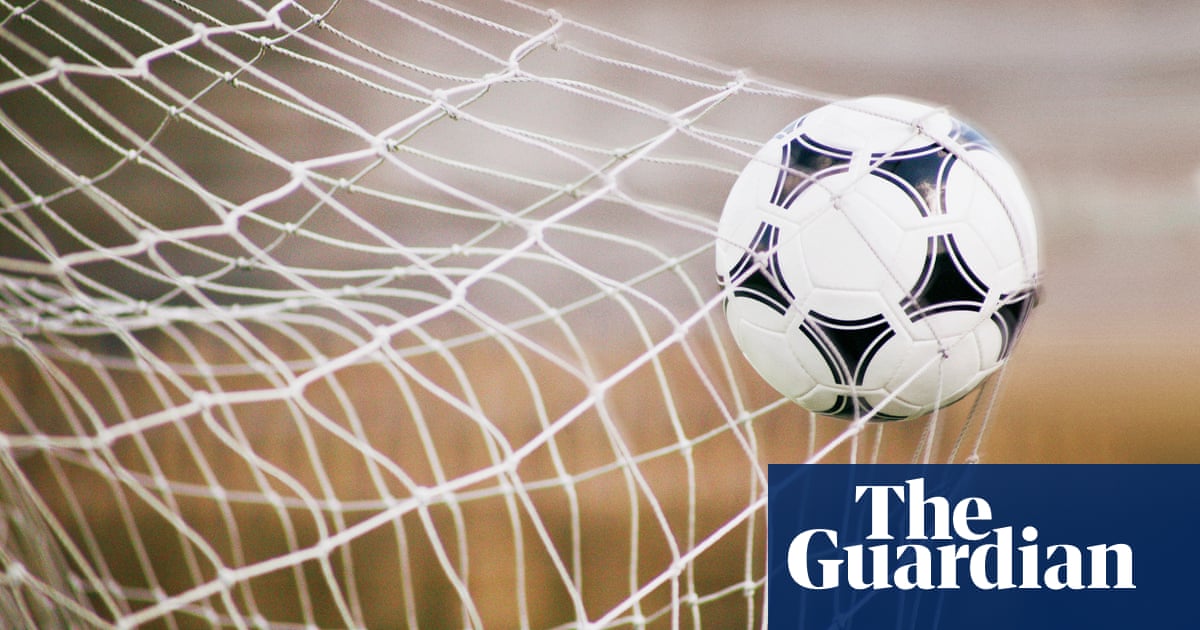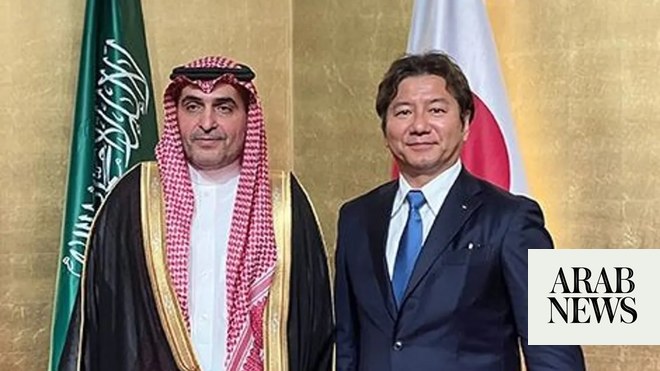
As the CEO at Women in Football (WIF), a 9,000-strong member-based organisation leading the drive for gender equality in the game, I read Hollie Varney’s piece with interest (Sexism is on the rise in football. Here is what needs to change, 18 January).
The reports described by Hollie are consistent with our findings here at WIF, both anecdotal and statistical. In our 2023 survey, the largest of its kind so far conducted in the industry, we found that 82% of women working in football had experienced discrimination at work – a significant rise from 66% in our previous survey three years earlier.
It’s important to point out positive trends. Across the same timescale, the proportion of respondents who saw football as an environment where women could excel rose from 45% to 67%. But there remain real concerns about a glass-ceiling effect and a lack of clear pathways for reporting and addressing abuse. Only 23% of those who suffered gender-based discrimination felt able to report it to their employer; among them, many experienced inadequate responses, with some describing frightening consequences.
Perhaps with the increased visibility of women in front of the camera comes a degree of complacency about sexism. All in all, football must up its game. We need men to stand with us for gender equality; we need employers to take a firm line against discrimination; and, as the Luis Rubiales affair showed us last summer, we need governing bodies to become more representative and accountable.
Whatever happens, the days of football as a male-only domain are gone. The work done by women is essential to the industry – from players, match officials, physios and coaches to finance managers, player care specialists, journalists and agents. Our female members show extraordinary resilience in the face of discrimination. Women in the football industry are here to stay.
Yvonne Harrison
CEO, Women in Football
I read Hollie Varney’s article on sexism in football with interest, but not surprise. One only need look online to see torrents of abuse directed at female players, coaches or pundits working in football. However, I was surprised that Hollie didn’t touch on social media in her piece. Anyone who has been on Instagram or Twitter/X will know that, whenever anything to do with women’s football is posted, there follows a torrent of offensive sexist comments.
One depressing thing in all this is television channels’ seeming unwillingness to moderate the replies underneath their social media posts. This is especially bewildering when pundits are attacked by misogynists after they’ve posted something. It’s most often left to others on the platform to call out and argue with these people (a Sisyphean task), or to report them to the social media platform itself.
Unfortunately, some organisations seem more concerned with “banter” and posting things that might “go viral” than acting with due care and diligence to combat sexism and misogyny.
Graeme Bains-Hall
Birmingham
It’s not just in football that female broadcasters are subject to sexism: I am a broadcaster covering a range of sports, and get negative comments on a daily basis about my ability to do my job or the legitimacy of my opinions or analysis.
And the comments are not just from sports fans or viewers. When I was working as a commentator at the Tokyo Olympics, a male colleague said to me: “I don’t mind female commentators, but they have to be good.” Does that mean that the men don’t?
Rebecca Adams
London












